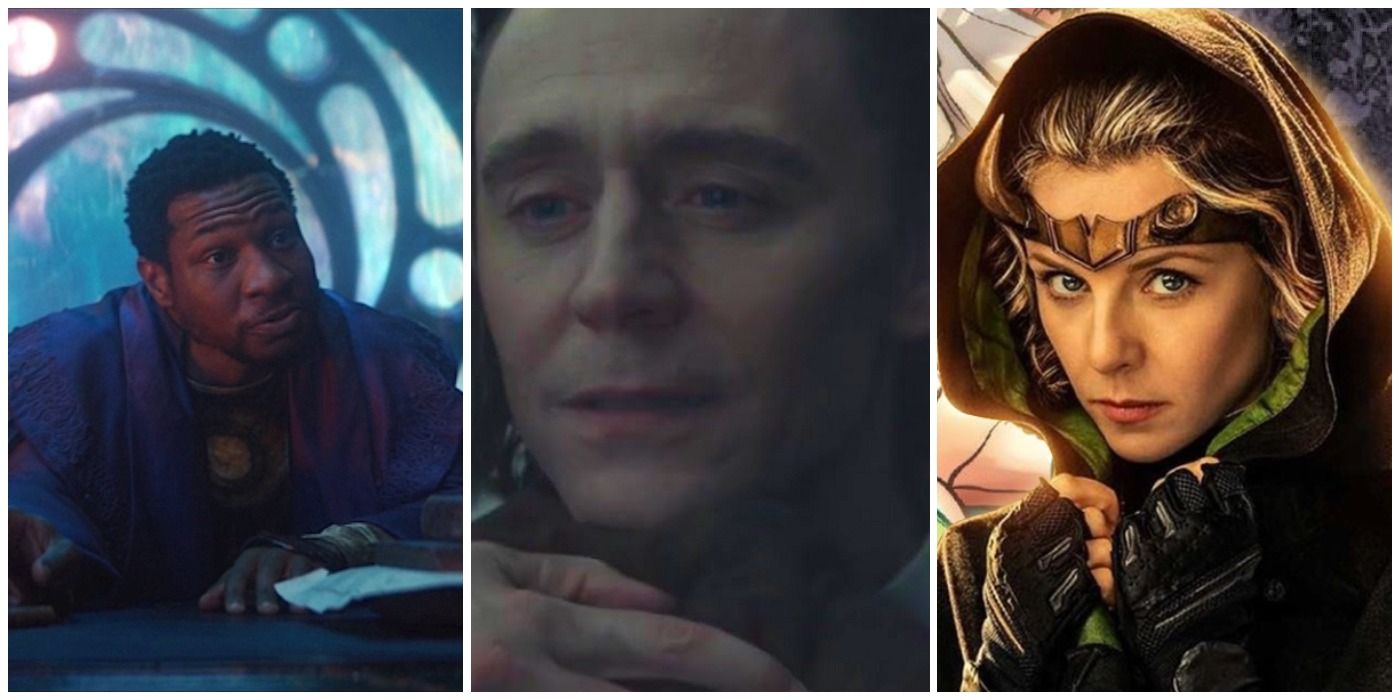
With its new Disney+ shows, the Marvel Cinematic Universe has managed to expand its reach and develop characters that didn't quite get enough attention in the movies. WandaVision grants Wanda Maximoff her rightful role as the Scarlet Witch while also developing her relationship with Vision. The Falcon and the Winter Soldier tackles some heavy themes as Sam Wilson struggles with the weight of Steve Rogers's legacy and Bucky tries to overcome his trauma.
In Loki, fans are reunited with a beloved character, one many deemed lost with his death in Avengers: Infinity War. The show centers on the adventures of a variant of Loki created after the Avengers' Time Heist. Loki's return to the MCU is more than welcome and gets many things right, but some elements could have been dealt with better.
10 Got Right: Loki's Enduring Affection For His Family Still Stands Out
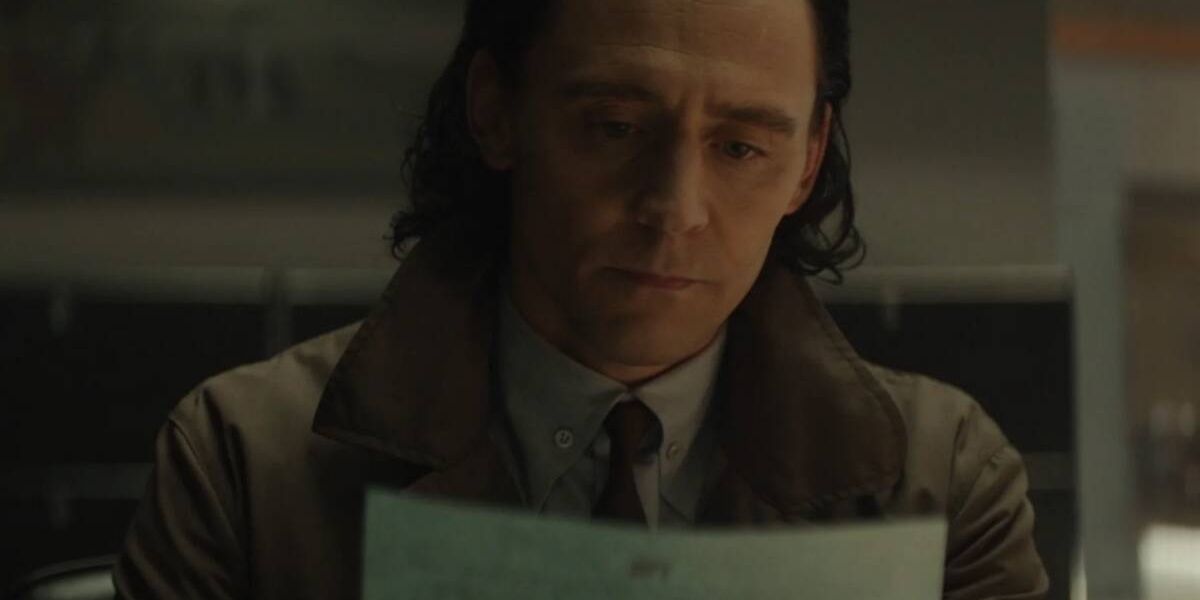
Loki is easily one of the best villains in the MCU, and a big reason why he stands out is his affection for his family. He has a genuine bond with his mother Frigga, who is among the few people who support him. His rivalry with his brother Thor gradually disappears, and the two eventually mend their bond.
In the Disney+ series, Loki hasn't yet reached the right mental state to forgive and be forgiven. He is forced to confront the fate of his people--and his own--and it's one of the most touching moments in the series. Tom Hiddleston's portrayal is as always impeccable, adding another layer to the emotionally aloof god.
9 Ruined: His Character Doesn't Shine As Much As It Could Have
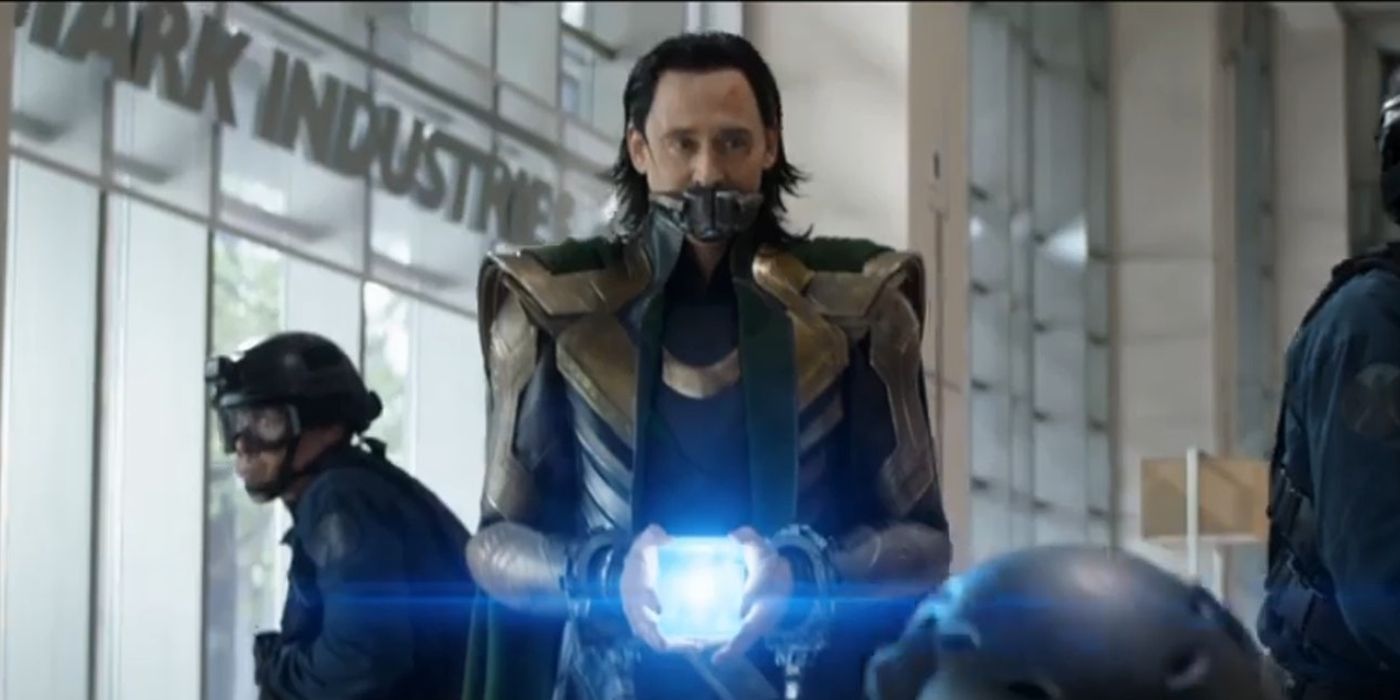
Despite the series being titled Loki, it doesn't really focus on him as much as it should. After Loki makes his escape using the Tesseract, he's taken captive by the Time Variance Authority and eventually joins them. He's then forced by circumstances into cooperating with a female variant of himself, Sylvie. Caught in a web of events he's unprepared for, he often seems just along for the ride. This wouldn't normally be an issue, but the limited number of episodes makes the pacing a problem. With a better balance, Loki's character could have shined through properly.
8 Got Right: Loki Is Confirmed To Be Bisexual And His Relationship With Sylvie Is Very Interesting
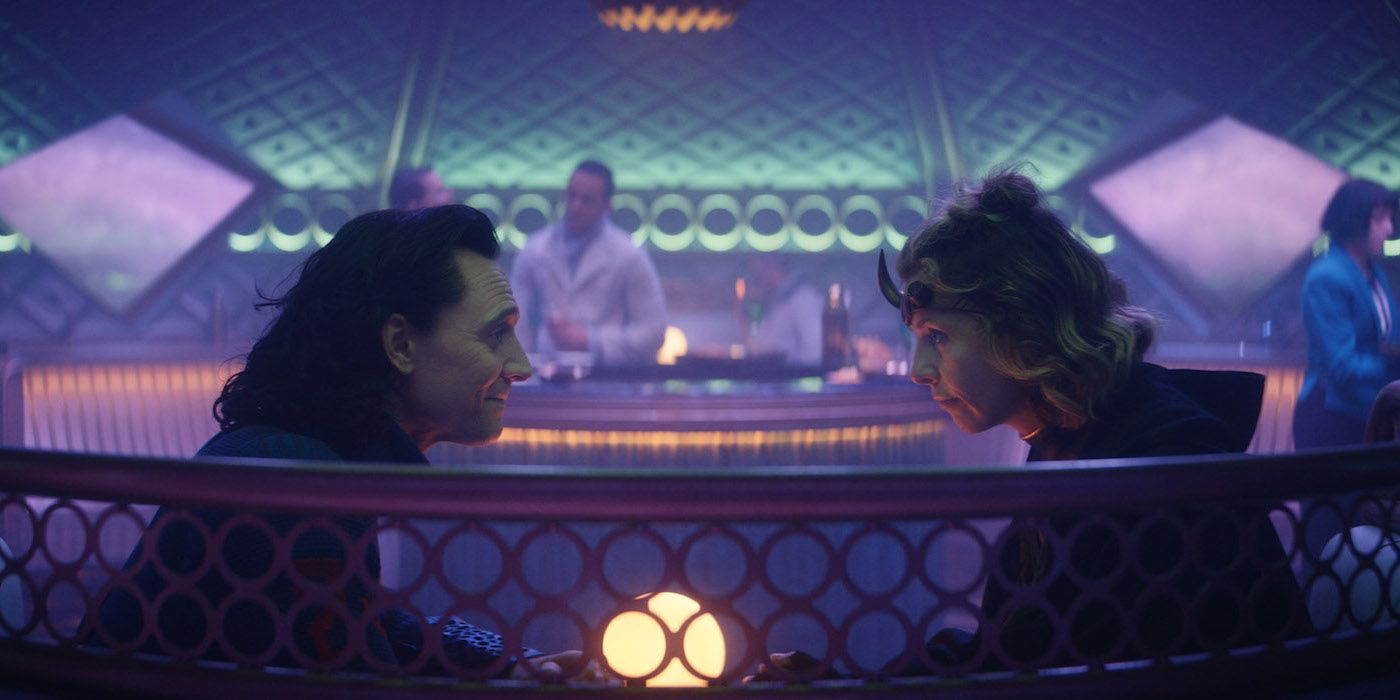
During a conversation with Sylvie, Loki comments that he's had relationships with both men and women in the past. The admittance of his bisexuality isn't a surprise, but it's still a welcome element. His subsequent relationship with Sylvie--who is, in the end, a version of himself--is interesting and chaotic, suiting the nature of the rule-breaking god.
7 Ruined: Sylvie Creates A Missed Opportunity As Viewers Would Have Liked A Truly Genderfluid Loki
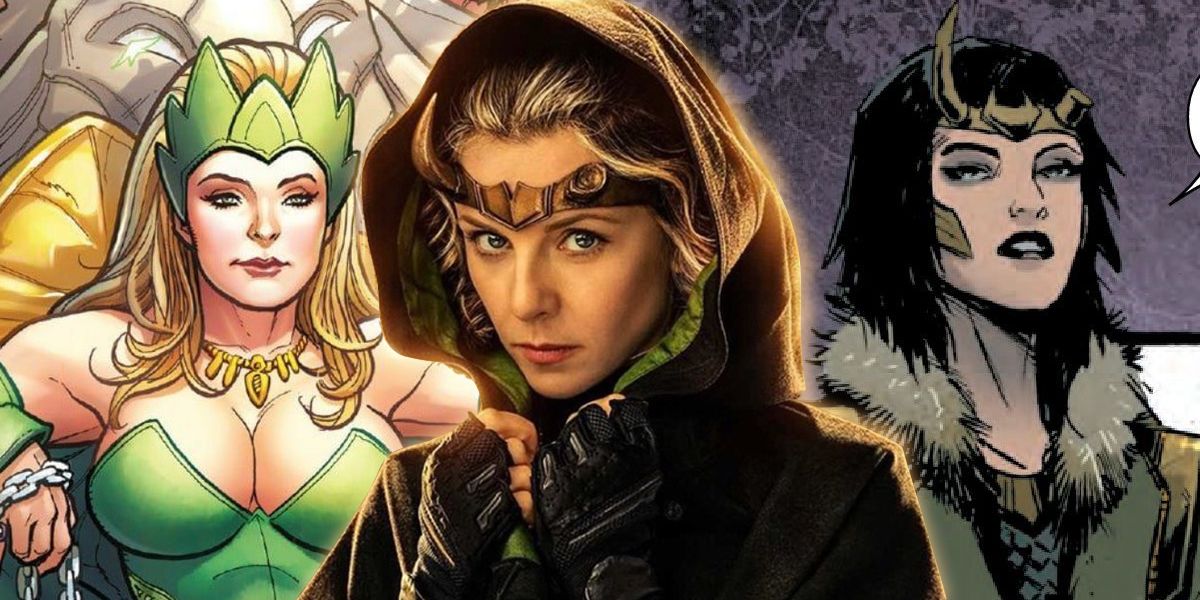
Sylvie's character has its origins in the second Enchantress, Sylvie Lushton. Her look--mimicking Amora's in appearance--is combined with the concept of Lady Loki. Unfortunately, her presence comes at the expense of a highly-anticipated element of Loki's character.
Before the series came out, rumors were rampant that the show would finally give viewers a genderfluid Loki and tackle his sexuality in a more elaborate way. Loki's bisexuality may have been confirmed, but it doesn't feel like enough. Sylvie just isn't the Lady Loki viewers wanted.
6 Got Right: Loki's Relationships In The Series Make Him Grow As A Person
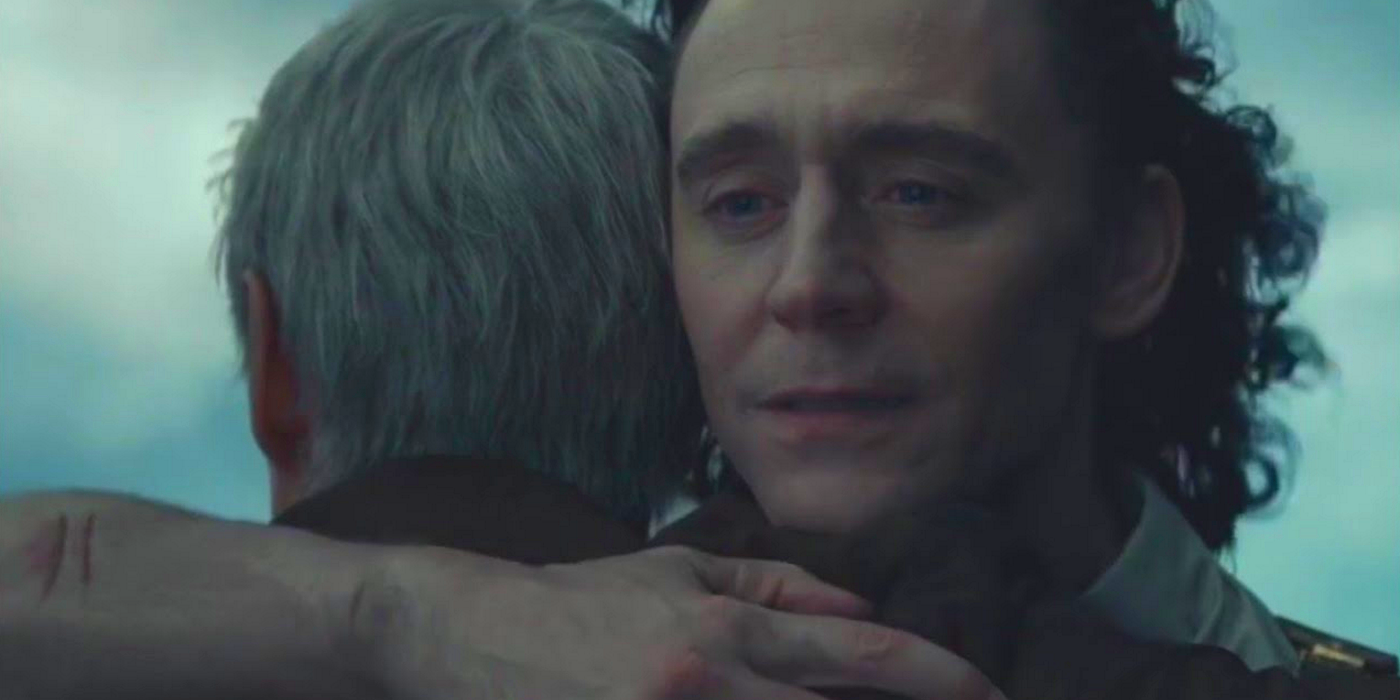
Throughout the series, Loki builds close relationships, not just with Sylvie, but also with TVA agent Mobius M. Mobius. Mobius places his faith in Loki and helps him realize many things about himself, even risking his own life for Loki. Meanwhile, Loki's romantic connection to Sylvie is so powerful it creates a nexus event. It gives Loki hope that he doesn't have to be alone, making him grow as a person.
5 Ruined: His Abilities Become Even More Confusing
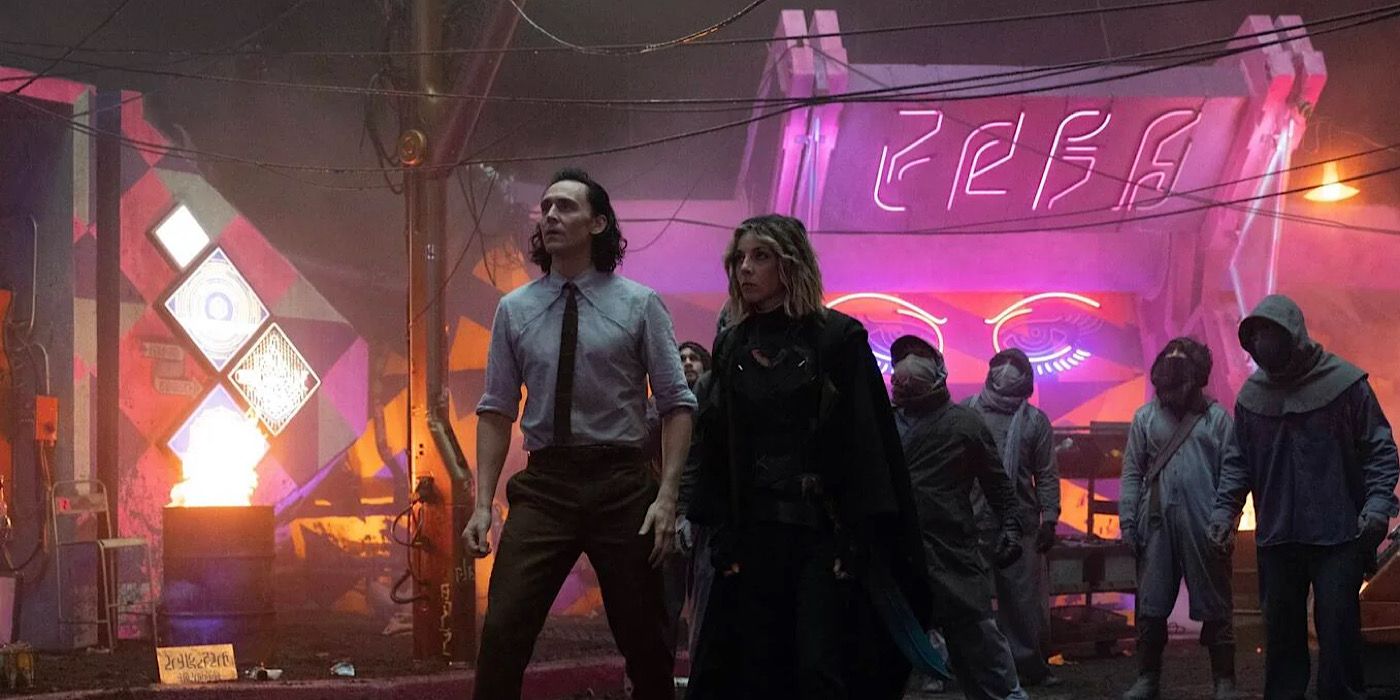
Loki's abilities in the MCU have always been somewhat puzzling. He's a highly skilled sorcerer, but half the time, he doesn't use his powers. Thor mentions his brother shape-shifted into a snake as a child, but the ability is never used.
The Disney+ series makes things even more confusing. Loki is easily incapacitated by the TVA, even if their physical strength shouldn't be enough to overwhelm an Asgardian/Jotun. Later, after he makes his escape, Loki uses highly advanced telekinesis to hold falling buildings upright on Lamentis. The addition of Sylvie's strange form of mental projection muddies the waters further. It's not a new thing for characters in the MCU, but it could have been dealt with better.
4 Got Right: Classic Loki's Sacrifice Steals The Show
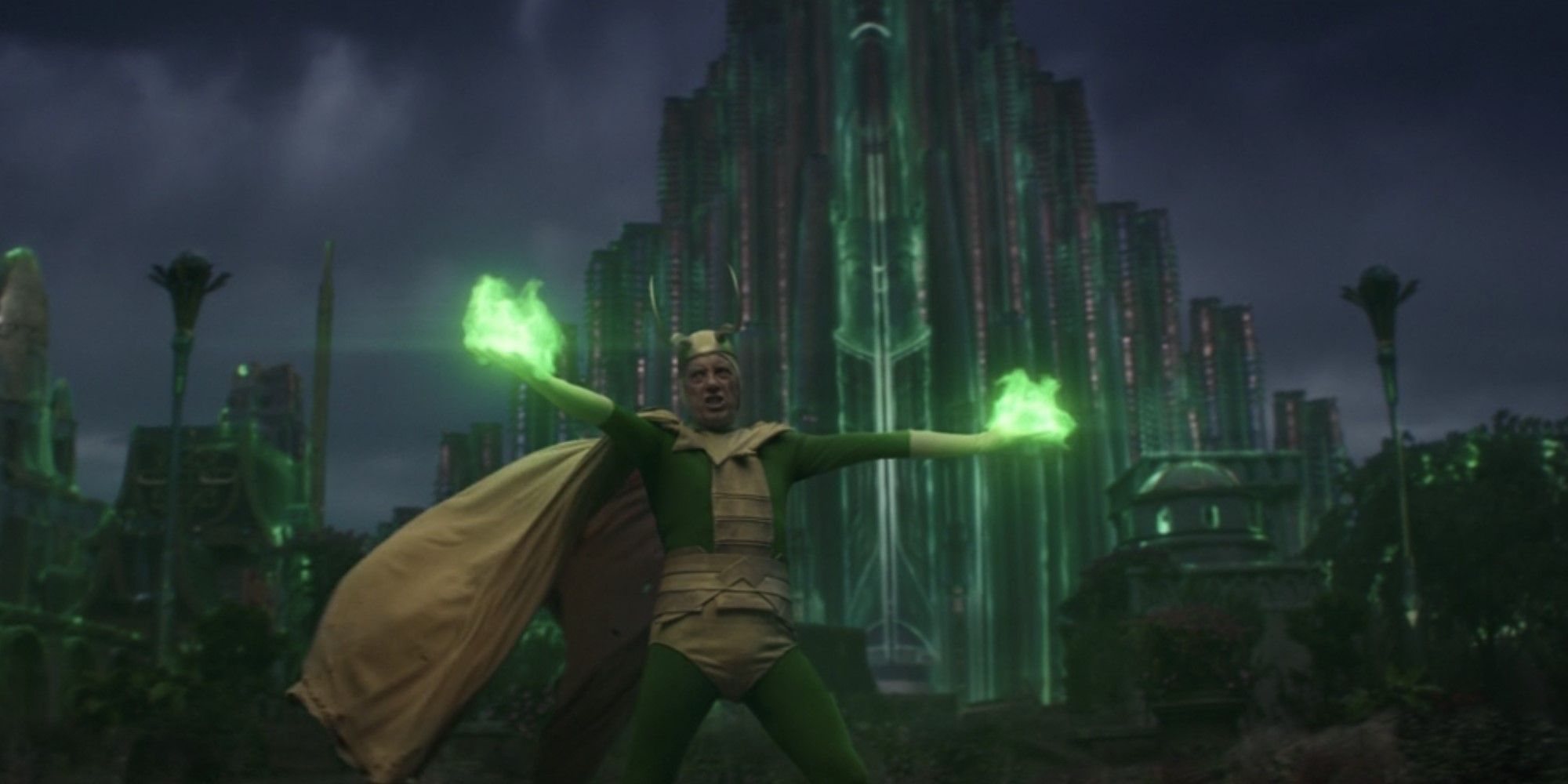
Sylvie isn't the only variant of himself Loki meets throughout his journey. After being pruned by the TVA, Loki ends up in The Void, where he meets Classic Loki, Boastful Loki, Kid Loki, and Alligator Loki.
Classic Loki easily steals the show, and his sacrifice to help Sylvie and Loki defeat Alioth is one of the best scenes in the series. Richard Grant's portrayal of the character is as powerful and emotional as Hiddleston's and leaves a true impression on the viewers.
3 Ruined: Most Variants Of Loki Barely Receive Any Attention
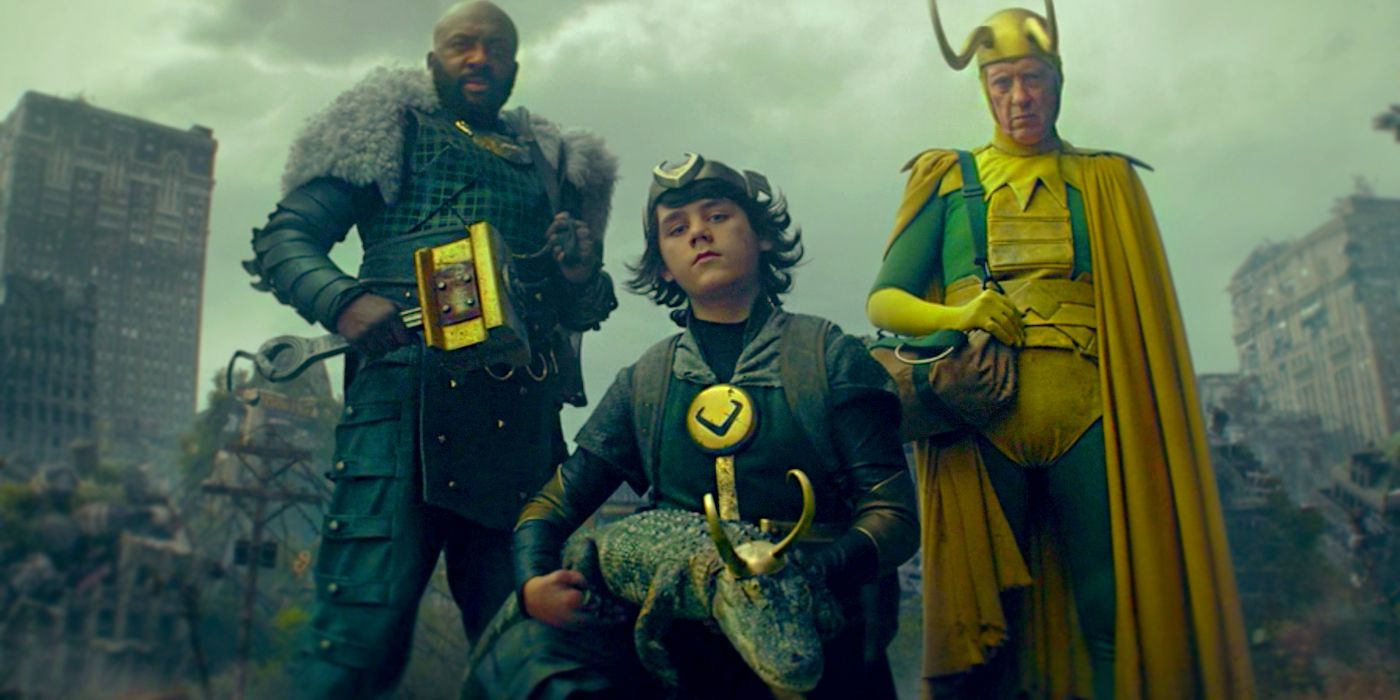
Despite the huge potential of the Loki variants, most of them don't get enough time in the spotlight. Kid Loki is said to rule The Void because he killed Thor, but the concept doesn't go anywhere. President Loki appears briefly as a villain, but his background is unknown. Alligator Loki--affectionately called Croki by the fandom--receives more attention than most other variants of the character. It's truly a shame, as each individual Loki had their own fascinating stories to tell.
2 Got Right: The Inclusion Of The TVA Tackles An Important Theme That Leads Into The Multiverse
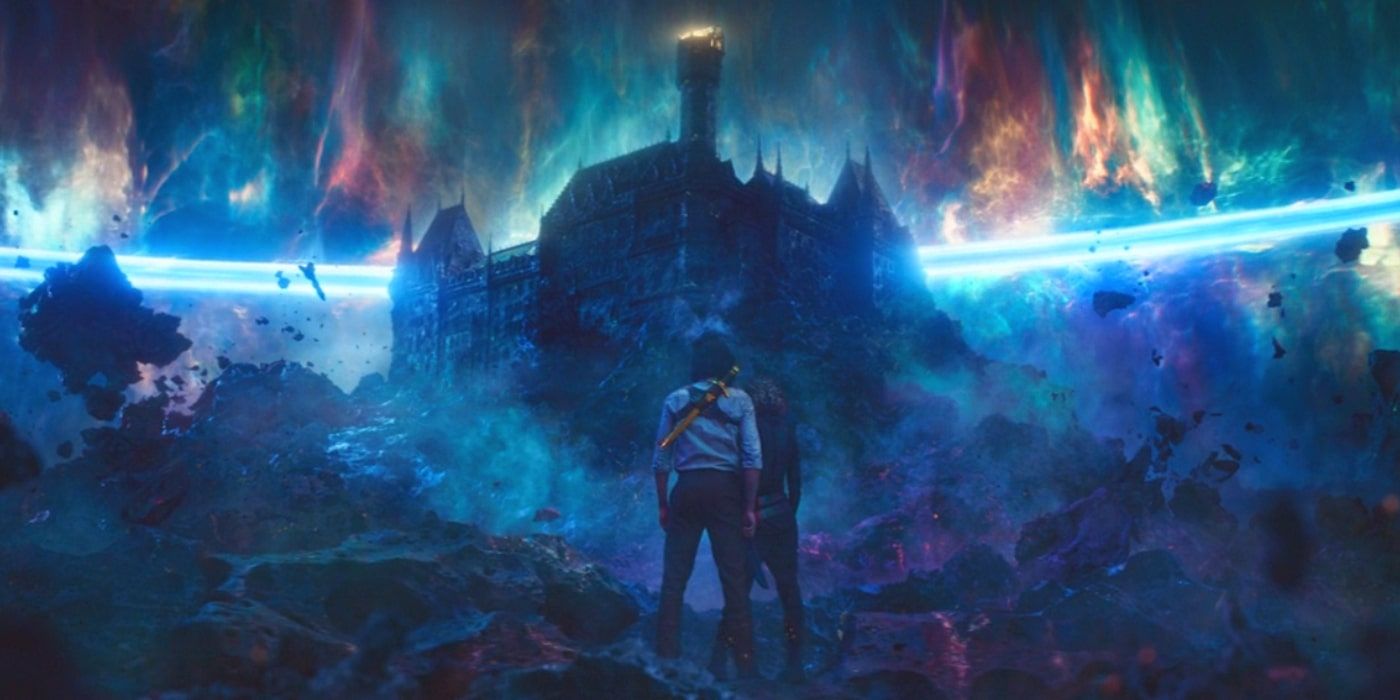
Loki isn't the first MCU release that has mentioned the Multiverse, but it develops the theme much further, in a way that leaves a lot of room for further expansion. The concept of the "Sacred Timeline" sets into question the idea of free will, of the consequences of each choice. The TVA polices the path people have to take, enforcing a fatalistic design that would make many want to rebel.
Loki and Sylvie understandably want to topple it, but they soon learn that the TVA may very well be the lesser evil. With Doctor Strange and the Multiverse of Madness just around the corner, the themes and issues that appear in Loki will doubtlessly be even more important than ever.
1 Ruined: The Overabundance Of Elements Makes The Final Villain Underwhelming
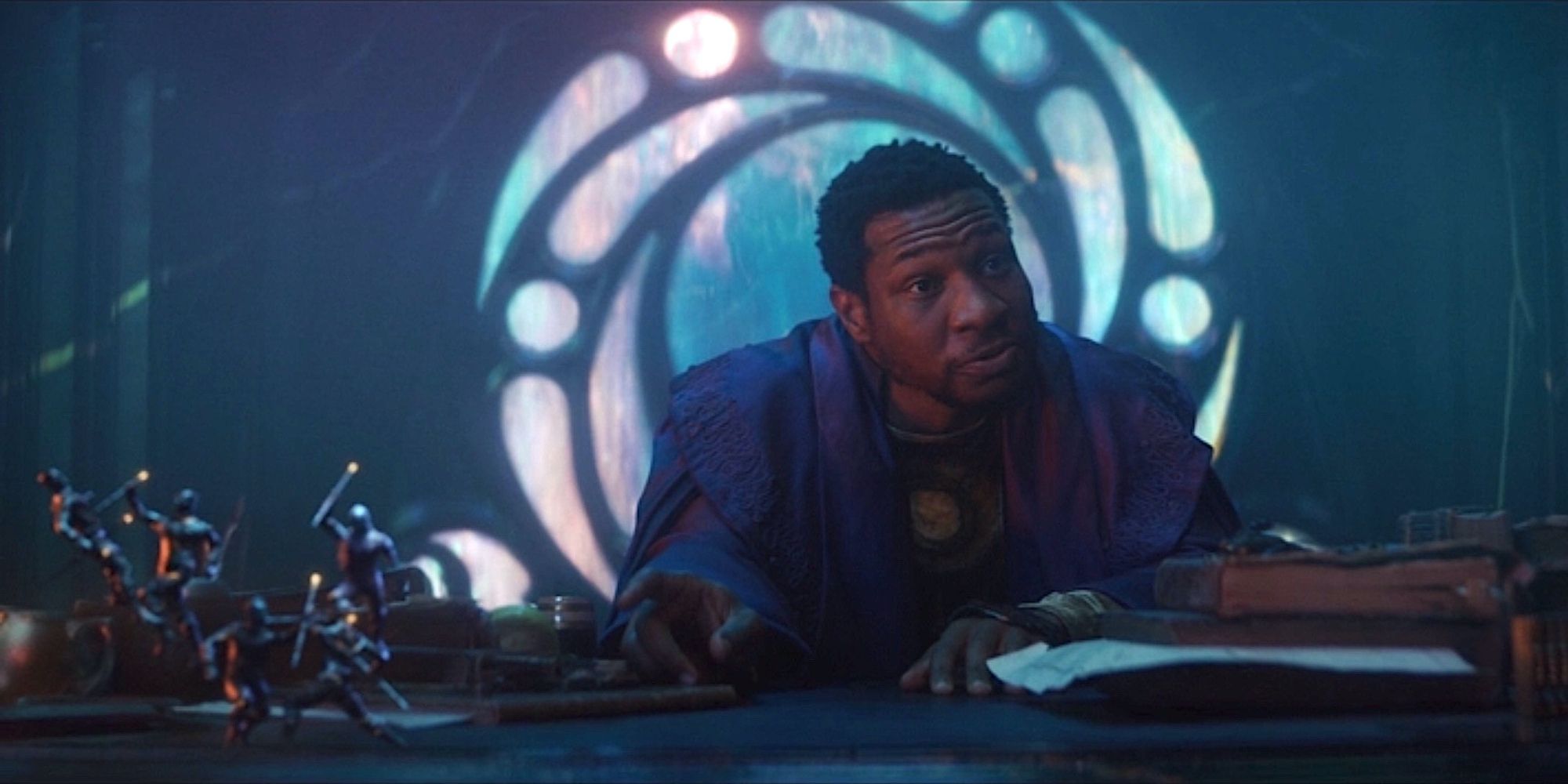
The addition of the Multiverse may have been a good idea, but the multitude of elements end up clashing against each other due to the format of the series. The introduction of a whole new figure as the villain ultimately makes him fall flat. He Who Remains may have great influence and power, but he doesn't do much except monologue. Presuming that he is indeed Kang the Conqueror, he isn't a bad choice as an antagonist. The series just doesn't do him justice, and the finale feels weak and underwhelming.
0 Comments